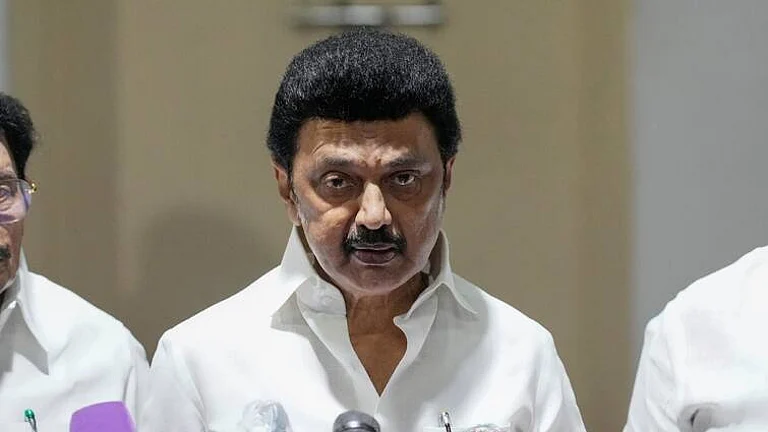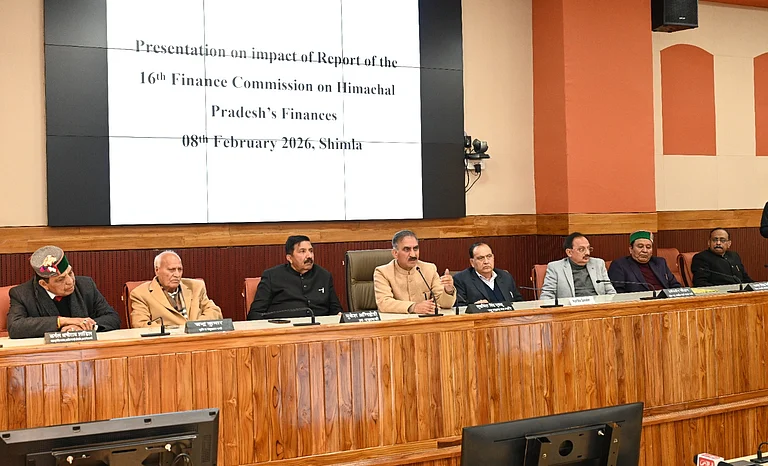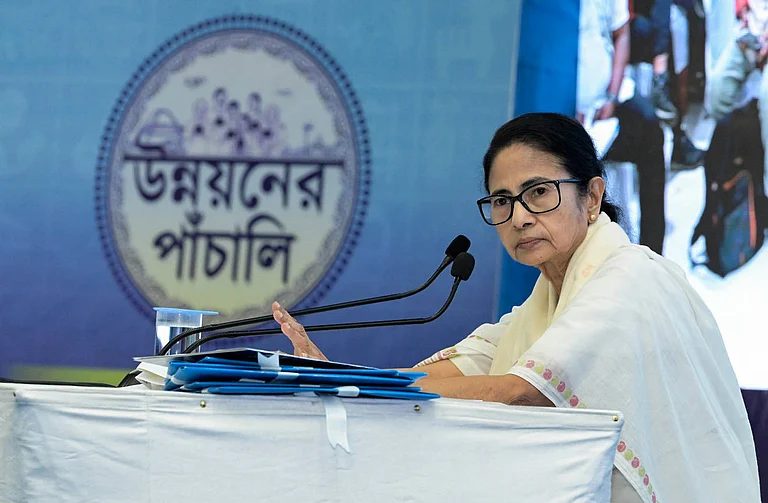
Summary of this article
12 Indian states will allocate Rs 1.68 lakh crore for unconditional cash transfers to women in 2025-26, a massive jump from just two states three years ago, per PRS Legislative Research report.
Programs like Bihar's Mai Behen Maan Yojana (Rs 30,000/year) and Maharashtra's Ladki Bahin (Rs 1,500/month) drive the rise, targeting economic empowerment amid elections.
These schemes consume 5-10% of state budgets, raising fiscal sustainability questions; report urges monitoring for outcomes like nutrition and education
A total of 12 states across India will collectively spend Rs 1.68 lakh crore on unconditional cash transfer schemes for women in 2025-26, up from just two states implementing such programmes three years ago, according to a new report by think tank PRS Legislative Research.
The report, titled "State of Women's Cash Transfers," highlights the rapid proliferation of these initiatives amid political pressures and gender equity goals. From Andhra Pradesh's YSR Cheyutha to Uttar Pradesh's Mukhyamantri Kanya Sumangala Yojana, the schemes promise monthly or annual payouts to women aged 18-60, often tied to Aadhaar-linked bank accounts.
PRS analyst Neha Jha noted: "Three years ago, only Kerala and Tamil Nadu had such programs. Now, with 12 states joining, led by poll-bound ones like Bihar and Maharashtra, the outlay has ballooned 10-fold." Bihar's Rs 30,000 annual transfer under Mai Behen Maan Yojana alone accounts for Rs 40,000 crore, while Maharashtra's Ladki Bahin scheme (Rs 1,500/month) adds Rs 18,000 crore.
The expansion coincides with state elections, where cash promises have become a staple, Rajasthan, Madhya Pradesh, and Chhattisgarh rolled out schemes post-2023 polls. However, PRS warns of fiscal strain: These outlays represent 5-10% of state budgets, potentially crowding out infrastructure spending. "While empowering, schemes need impact audits for nutrition, health, and education outcomes," the report recommends.
Nationally, the Centre's PM Awas Yojana and Ujjwala already channel Rs 2 lakh crore annually to women, but states are innovating with direct benefits. Experts like economist Jayati Ghosh praise the focus on half the population but caution against "election sops" without long-term fiscal planning. As 2026 polls loom, PRS urges data-driven tweaks to ensure these transfers truly uplift rather than just vote-bank build.






















